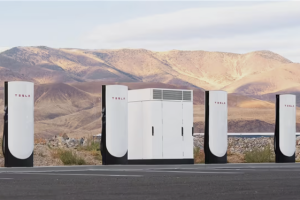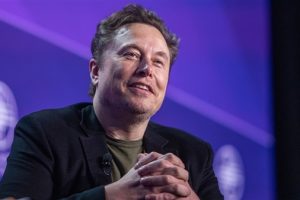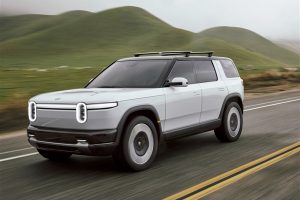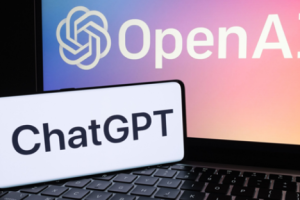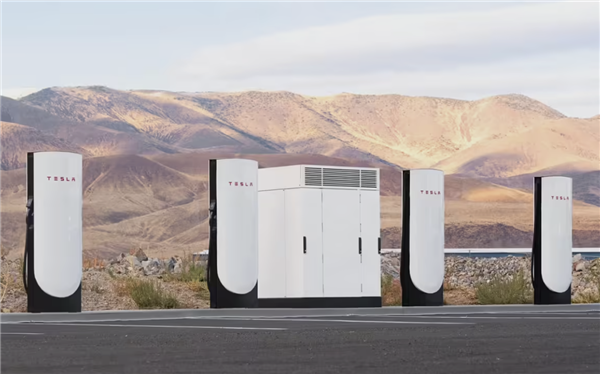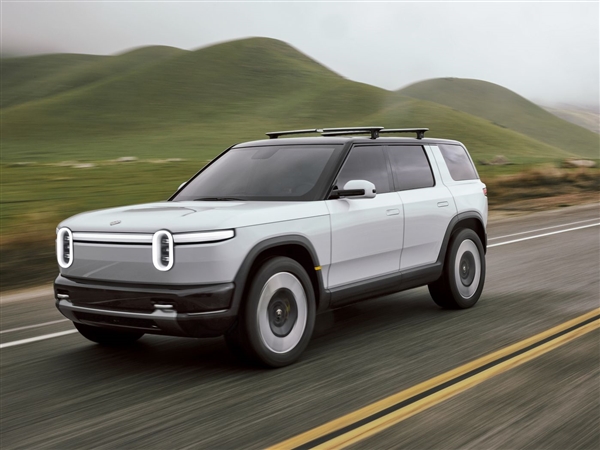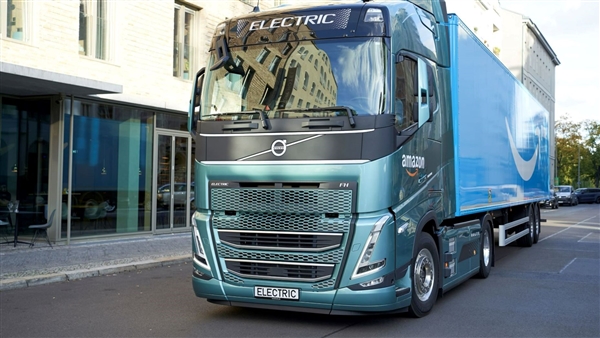August 27, 2024 – Porsche Unveils Ambitious Vision for e-Fuels as a Game-Changer in the Automotive Landscape
In a bold move, Porsche has emerged as a forerunner in the pursuit of synthetic fuels, also known as e-fuels, projecting them as a significant alternative to gasoline within the next decade. This optimistic outlook stems from the company’s unwavering belief in the technology’s potential, coupled with mounting support from both consumers and governments.

Underscoring its commitment, Porsche has collaborated with HIF Global and other partners to establish a pilot production facility for e-fuels in Chile, a testament to the feasibility of large-scale, carbon-neutral production. The initiative aims to demonstrate that synthetic fuels can serve as a viable solution amidst the ongoing energy transition.
Amidst the European Union’s recent announcement allowing internal combustion engine (ICE) vehicles to potentially remain on sale post-2035 under carbon-neutral conditions, Porsche’s efforts take on added significance. However, industry insiders express skepticism, fearing that stringent requirements might inadvertently lead to a de facto ban on ICEs.
Porsche’s Chilean pilot project serves as a crucial showcase for the practicality of e-fuel production. The automaker recognizes e-fuels as a crucial lever in mitigating emissions from the millions of ICE vehicles that will continue to ply roads for years to come. Initially envisioned as a means to extend the lifespan of legacy models, e-fuels have now evolved into a strategic pillar in Porsche’s sustainability strategy, fueled by growing demand for EV alternatives.
Michael Steiner, Porsche’s Head of Research and Development, emphasizes, “The realization among consumers and policymakers that electrification alone is insufficient is driving our focus on existing ICE fleets. While EVs represent the future, we must concurrently address the carbon footprint of ICEs. E-fuels present a complementary solution, accelerating our path towards decarbonization.”
Steiner envisions a scenario where e-fuels gradually replace fossil fuels within fuel blends, emphasizing the importance of reducing overall fossil fuel consumption rather than abandoning ICEs altogether. The recent slowdown in EV sales growth has prompted automakers like Porsche to extend ICE model lifecycles, inadvertently boosting interest in e-fuels.
“Momentum is gathering, and we’re confident that by the end of this decade, e-fuels will occupy a prominent position in the market,” Steiner affirms. To further enhance production efficiency, Porsche plans to integrate a direct air capture facility at its Chilean plant, harnessing waste heat to sequester CO2 from the atmosphere, completing a closed-loop carbon cycle.
In a separate discussion, Steiner delved into Porsche’s approach to hybridizing the iconic 911, revealing that multiple powertrain concepts were thoroughly evaluated before settling on the current lightweight hybrid system. Preserving the 911’s storied lightweight ethos was paramount, he noted.
As Porsche forges ahead with its e-fuel agenda, it stands as a testament to the auto industry’s commitment to innovation and sustainability, reshaping the future of mobility with a holistic approach that encompasses both electric and carbon-neutral fuel solutions.




